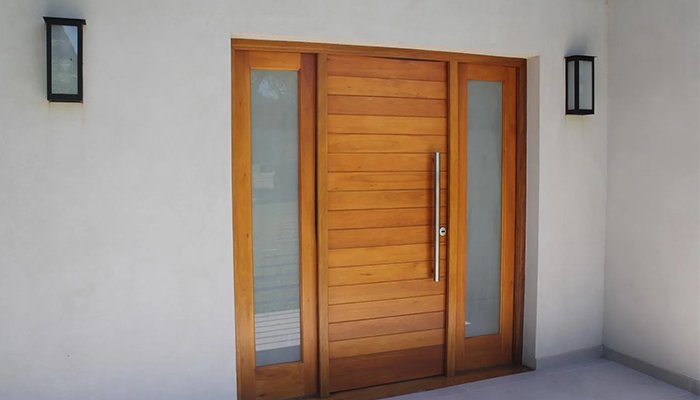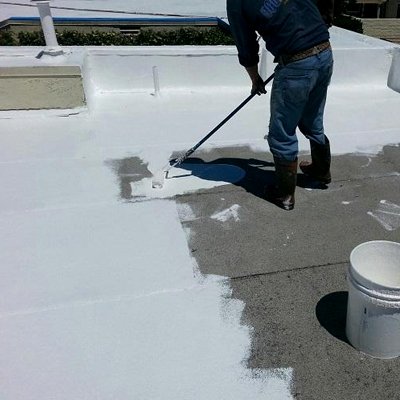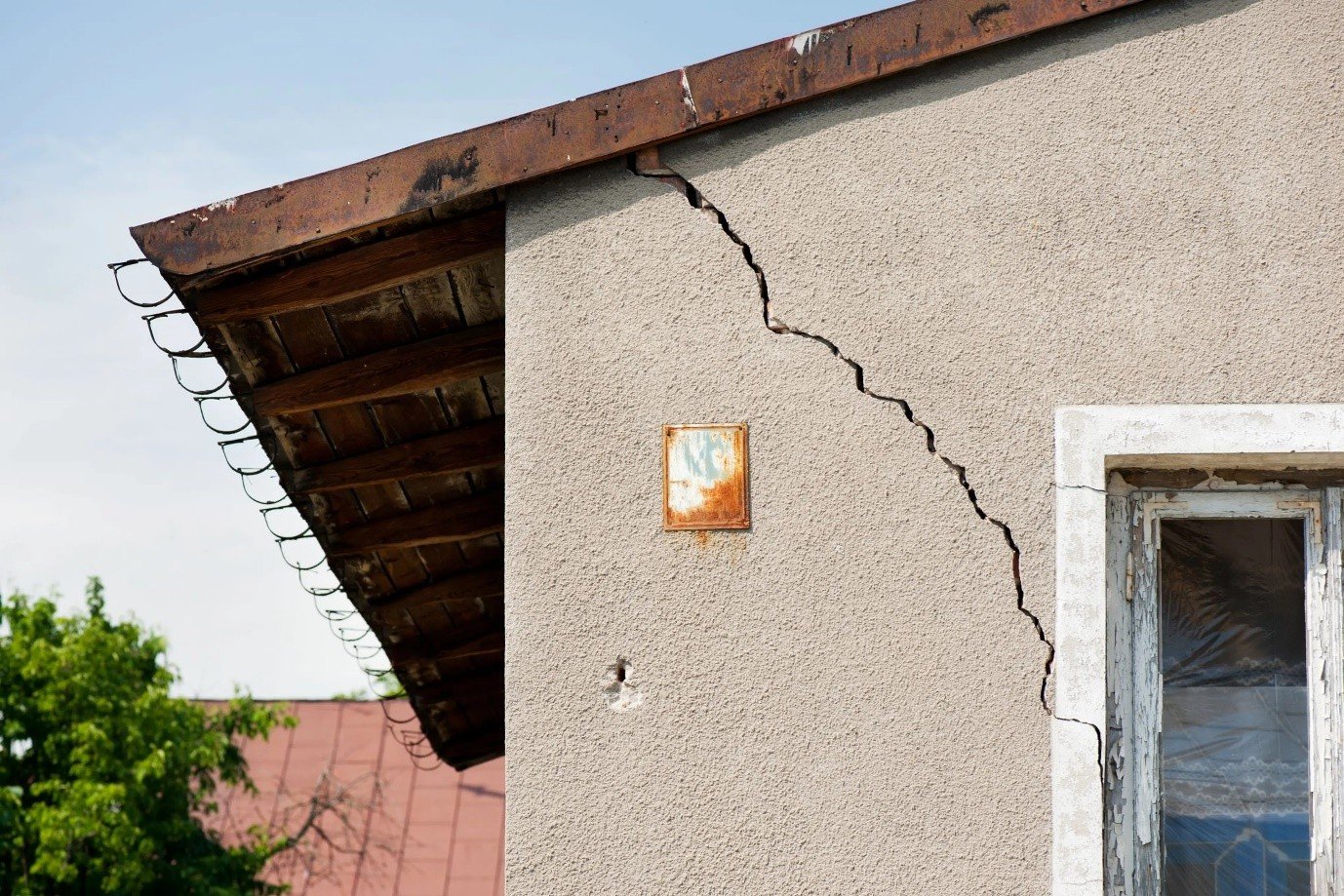Key Factors That Influence the Valuation of a Property
1. Introduction
The question that must have entered our minds when we discuss buying or selling a house, a shop or a piece of land is: What is the correct value of this property?
Property valuation implies determining the appropriate cost of a property. This is crucial to all the people be it the buyer, the seller, sphere of investors.
- On the purchasing side, it gives them the assurance that they are not overpaying.
- To the sellers, it assists them in determining a reasonable price at which the property can sell quick.
- To an investor, it will demonstrate to him/her whether the property will yield positive returns in the future.
Because property tends to be the largest investment commitment in a person’s life it is so important to understand the factors influencing the valuation. Now one by one consider these...
2. Location of the Property
The most important factor in property value is location. In real estate, people often say, “Location is everything.”
- Distance to schools/hospitals and markets: People like to stay near schools, hospitals, and markets as it fulfills their daily needs.
- Connectivity and good transport: The easier people are able to reach metro, bus stop, highways, and even airports, the higher the value of the property rises.
- Neighborhood development: Properties in wide-street, expanded parks and high infrastructure development invariably yield greater value, compared to poor infrastructural or overcrowded areas.
- Security and image: Folks are ready to pay high prices on the houses in safe, low crime locations with positive image.
In layman terms, a house in a high profile location with good accessibility will never be cheap as compared to a distant or less developed location.
3. Property Size and Layout
The other major factor is the size of the property.
- Consecrated area: The larger the land or built-up area the more valuable.
- Functional layout: A property that has good arrangement of rooms, good ventilation and good space management is considered more.
Example: A 1,200 sq. ft. flat well-designed could be superior to a 1,400 sq. ft. flat with wasted areas.
Buyers want utilitarian spaces; they want property that provides them with additional square footage, in accord with the usability of space they live in, not necessarily in sq. ft.
4. Age and Condition of the Building
The aspect of age of the property also contributes a lot.
- Good property: Even an old building can be of good value as long as it is well maintained through scheduling painting, plumbing and more frequent repairs.
- Refurbishments and facelifts: New kitchen layouts, modern bathrooms, and flooring attract high valuation in the property.
- Legal structure: With a new structure that is not done with proper authorizations, there is not much value, but an old legally authorised property will.
Age therefore counts but condition and upkeeping is more significant.
5. Amenities and Facilities
Modern consumers think more than about the house. They also inquire about the facilities it has.
- Facilities, which are deemed basic: 24/7 security, power back up, lifts, parking. Properties that do not have these are not as attractive.
- Extravagant infrastructures: Swimming pools, gym, club houses and gardens augment value.
- Environmentally friendly: Solar power, rain harvesting, and energy-conservation designs are also favorable property values.
The easier the life a property provides, the greater the value of the property is.
6. Market Trends and Demand-Supply
The value of the property is also dependent on the real estate market.
- A boom period: When the market is strong, demand increases, and price increases.
- Slowdown period: During periods of low demand, the prices can go imminent or hold stagnant.
- Equilibrium in demand-supply: If the number of people wishing to purchase property is high in a restricted locality, property costs would increase. However, when too many properties become available slower buyers the prices are weakened.
Moreover, these factors make certain places become hotspots due to either popularity or employment opportunities in the vicinity, which forces the value of such property to rise.
7. Legal and Regulatory Factors
Legal clarity is a must in property.
- Clear documents: Clean ownership title and no disputes will always mean a higher value of property.
- Approvals and certificates: Proper building plan approvals, occupancy certificates, and environmental clearance make properties better investments.
- Adherence to regulations: Unlawful condos or properties that do not comply with regulations can be destroyed and this devalues it.
Briefly, the legally safe property is always the choice of buyers and that directly influences valuation.
8. Future Development Prospects
Plans that are projected in the area also influence the property valuation.
- New infrastructure: Highways, metro, IT parks or airports can boost the surrounding areas.
- Government developments: Smart cities, industrial or commercial complexes can bring in long term appreciation.
- Urbanization: A region that is projected to be developed at a high rate in future tends to have a high property value as of today.
This is why people purchase property not just for the present but with a view of future growth.
9. Economic Conditions
The overall economy also plays a role in property value.
- Interest rates on loans: At low interest rates, more people purchase homes, making the prices rise. Higher rates lower demand.
- Inflation: Increase in construction costs adds to property value but decreases affordability.
- Economic growth: When people earn more, they invest in property, increasing demand and value.
10. Conclusion
The value of the property is tied to many factors such as location, size, its condition, facilities, market trends, the legal safety of the area and even the economy.
- As a buyer, an understanding of these factors means that you are not taken advantage of by overpaying.
- To sellers, it assists in determining the right price that the property should be sold within a short time.
- It presents an investor with a clear idea of where appreciation will occur in the future.
Simple tips for accurate property valuation:
- Check recent sales in the area.
- Compare like properties, not just price.
- Use the services of a property valuer in case of need.
- Examine both the present worth and future development.
After all, property valuation is more than a simple number on paper — it is intelligent judgment. When you consider these things, you will make savvier and safer real estate choices.






